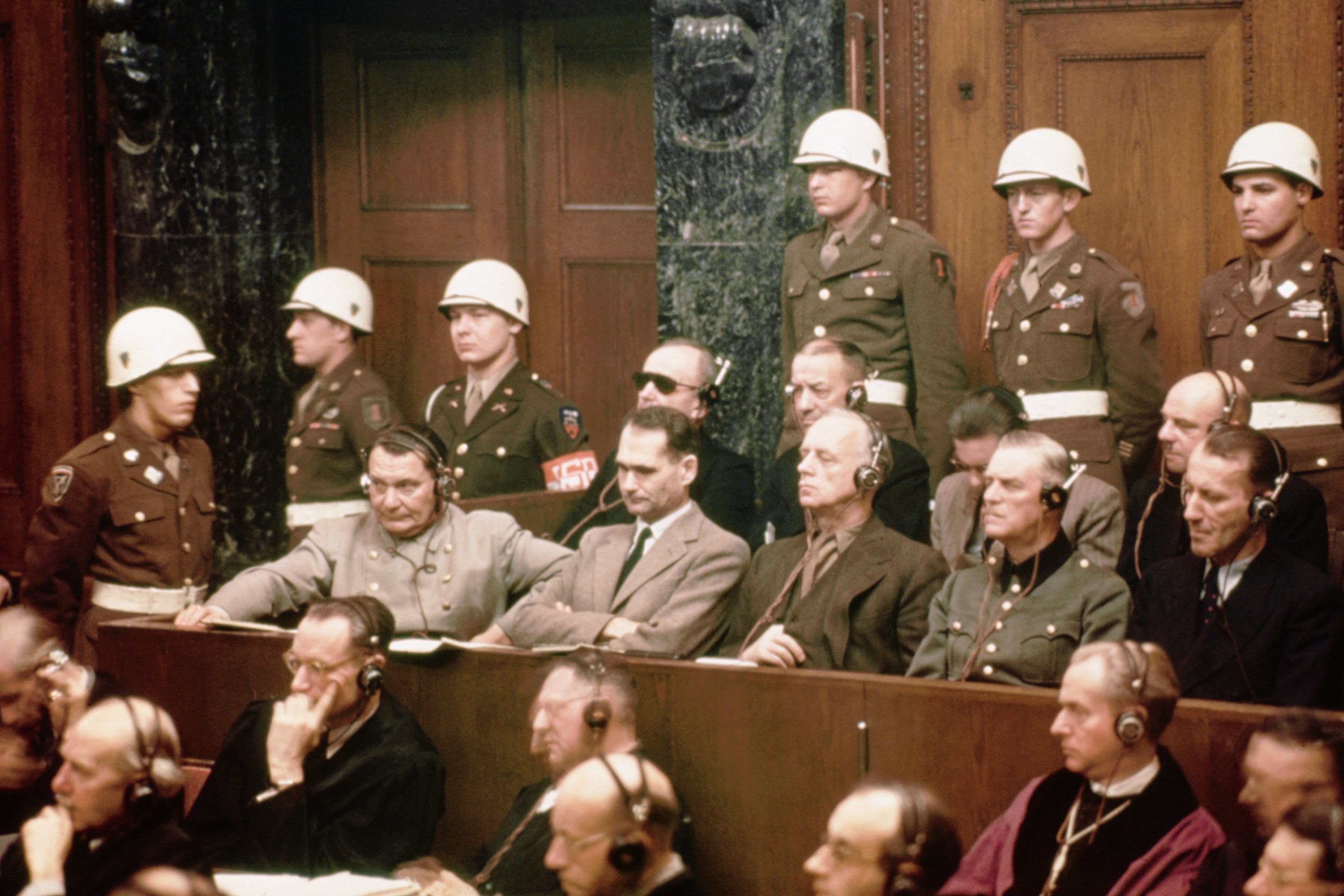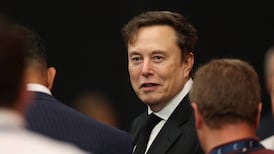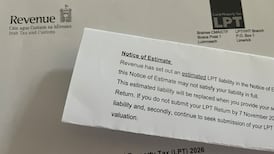When calculating an appropriate salary, how much is too much? Elon Musk changed the answer to that question this week when shareholders in Tesla, the company he runs, agreed to pay him a trillion dollars if he achieves ambitious targets.
Musk has laid out his vision for Tesla, shifting the company away from its original mission “to accelerate the world’s transition to sustainable energy”, towards a new focus on humanoid robots and autonomous vehicles.
There are grounds for scepticism. Musk has made similar promises before. In October 2016, he said a Tesla would drive itself from Los Angeles to New York “without the need for a single touch” by late 2017; that has yet to happen. In April 2019, he promised the company would launch a robotaxi network in 2020 and that “next year for sure” there would be over a million such taxis on the road. None materialised in 2020, or since.
Despite the extravagant over-promising, Musk is not a charlatan. Under his leadership, SpaceX and Tesla have remade the worlds of aerospace, telecommunications and the automotive industry. In recent years, though, he has become better known for his extreme right-wing views and crude political interventions.
READ MORE
Tesla’s profits have fallen due to a strong consumer backlash against his involvement with the Trump administration and his attempts, via his social media platform X, to influence elections in other countries, including Ireland. One study estimates these activities have cost Tesla more than a million vehicle sales. He has also been accused of failing to devote enough time to the company, causing it to fall behind new competitors, especially from China.
Why, then, reward him in this manner? Shareholders may believe that, whatever his mistakes, Musk remains the only figure who can deliver the astronomical growth to which this gargantuan pay package is tied. It is an act of faith in Musk’s self-image as a tech messiah dispensing salvation on one hand and profit on the other.












